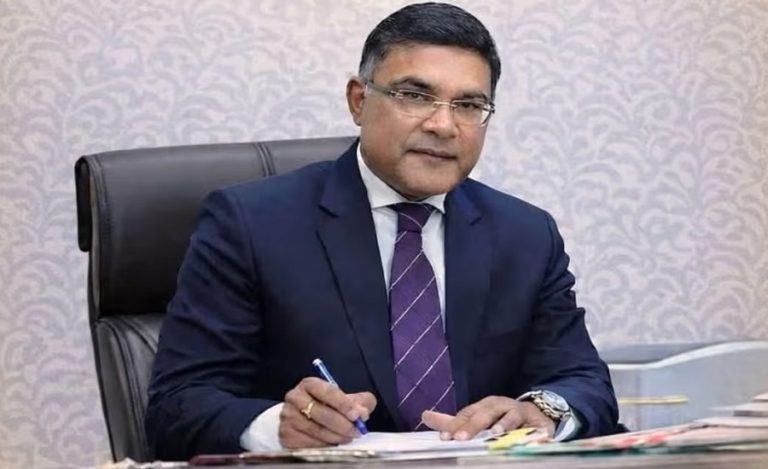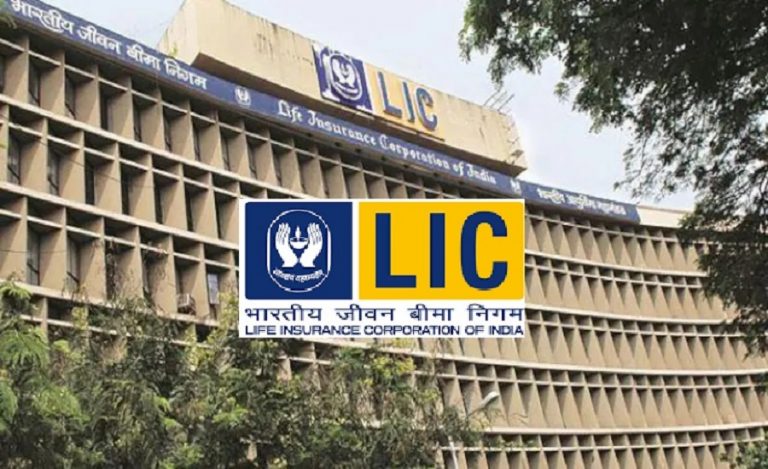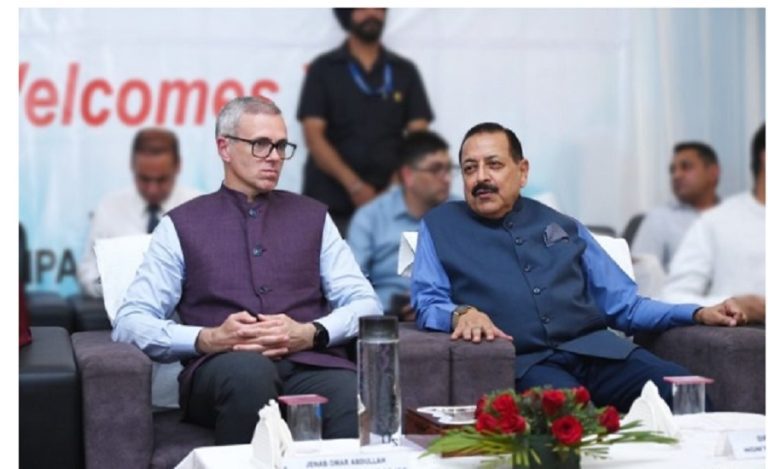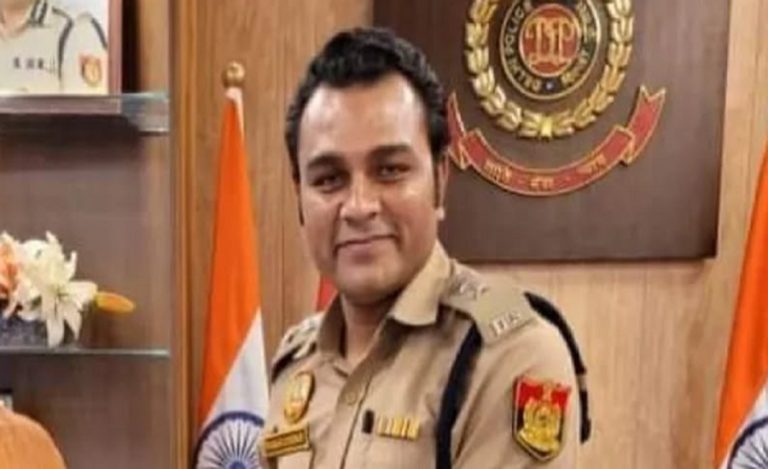In a significant administrative shift, the Kolkata Police Commissioner Manoj Verma has reassigned the task of monitoring social media platforms from the Special Task Force (STF) to its cybercrime branch at Lalbazar, along with divisional cyber cells across the city. The move comes amid a broader attempt to streamline surveillance of online activity that has the potential to trigger unrest.
A senior IPS officer is expected to be appointed as the Joint Commissioner of Police (Cyber), who will take charge of this restructured unit in the coming days.
Why the Change Was Made
Officials said the decision was driven by the growing volume and complexity of online threats, including hate speech, misinformation, and content aimed at inciting communal tension. By shifting the responsibility to a dedicated cyber unit, the force hopes to ensure round-the-clock vigilance and quicker response to volatile digital developments.
This restructuring comes on the heels of multiple recent incidents where inflammatory posts circulated on social media have contributed to tensions in parts of West Bengal.
Division of Roles: STF to Focus on Terror Cases
While the cybercrime unit will now handle general social media surveillance, the STF will continue to focus on anti-terror operations, especially threats with links to extremist organisations or anti-national activity. The clear demarcation, officials believe, will make both arms of the police more efficient in their respective domains.
Central Coordination and Capability Building
Once the new cyber head is in place, the unit is also expected to strengthen its coordination with central agencies and platforms like X (formerly Twitter), Facebook, and Instagram. Discussions are already underway to fast-track content takedowns and streamline flagging mechanisms for sensitive material.
The move signals a broader push within the Kolkata Police to modernize its digital policing infrastructure, while ensuring that online platforms remain under firm administrative oversight.





























